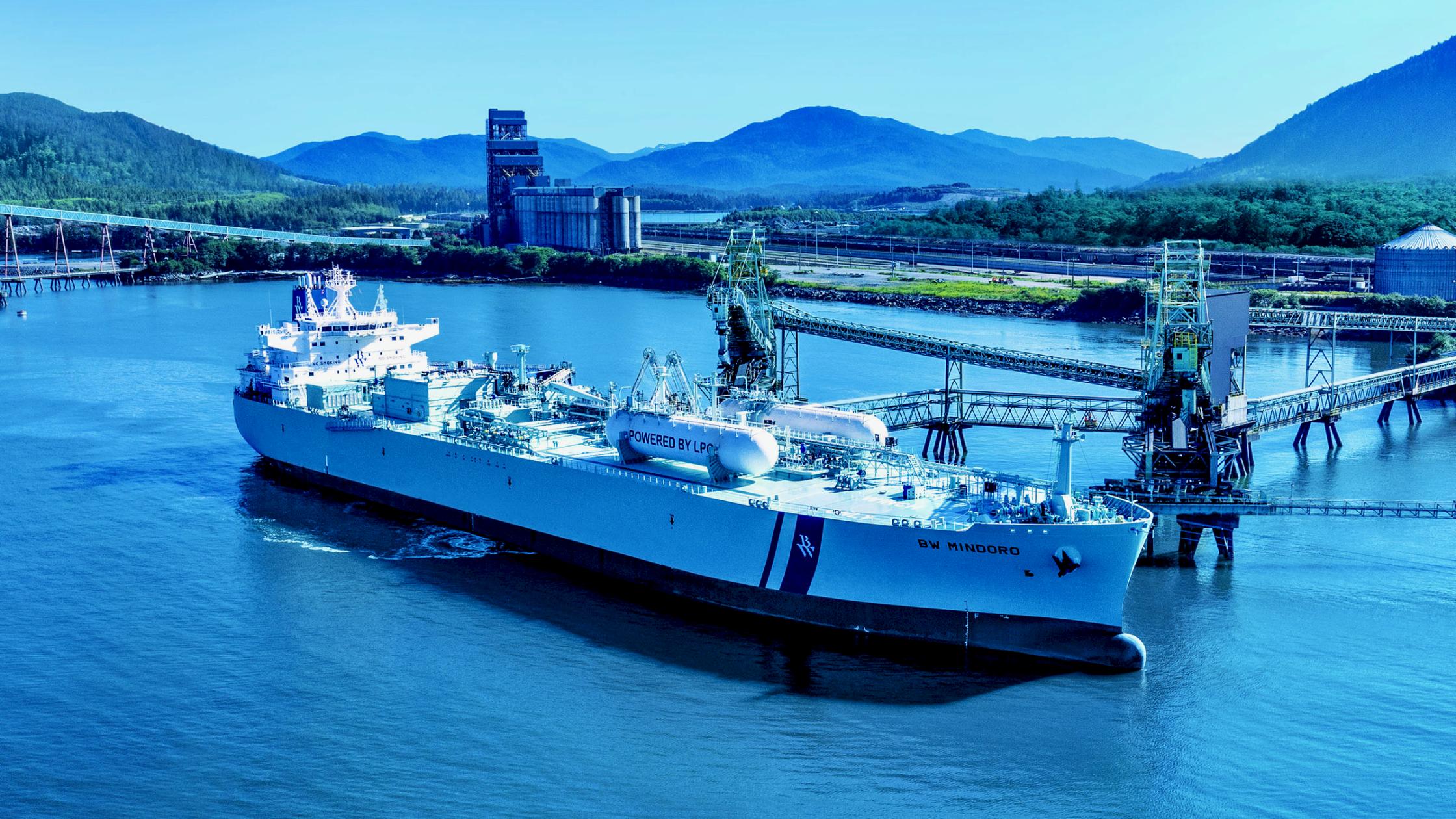Demand for versatile fuels rising to power higher living standards

Butane and propane are what’s known as liquid petroleum gases (LPGs).
Produced during natural gas processing and oil refining, these versatile energy products are in high demand for a wide range of uses including feedstock for plastics and synthetic rubber production, fuels for heating and cooking, and solvents in industrial applications.
“Demand remains strong going forward for the Asian markets as consumers continue to increase living standards and income levels and use more of the everyday items that we take for granted,” said Martin King, managing director of North America energy market analysis for Houston-based RBN Energy.
The new deal commits Calgary-based AltaGas to supply German chemical giant BASF with butane for chemical manufacturing and industrial use in Asian markets.
Butane and propane from Alberta can be shipped by rail to reach terminals on the West Coast, including the AltaGas Ridley Island Energy Export Facility that is under construction near Prince Rupert.
Known as REEF, it is an expansion of the company’s LPG export operations that is scheduled to start operating in 2027. AltaGas opened Canada’s first marine propane export terminal on Ridley Island in 2019.
BASF president of global procurement Matthias Dohrn said partnering with AltaGas secures “reliable and competitive access” to butane from Western Canada.
While details on the scope of the agreement were not released, King said AltaGas is already talking about expanding REEF capacity by 2030.
“I suspect that the expansion has a good chance of going ahead given that the demand for LPGs out of Asia has remained very robust,” he said.
Canada’s success in growing propane exports offers a model for butane’s potential.
According to the Canada Energy Regulator (CER), propane exports – most of which come from Alberta – have more than doubled over the past decade as the new B.C. terminal infrastructure came online.
As of June 2025, shipments to non-U.S. locations were nearly even with exports south of the border, CER reports.
According to the Canadian Propane Association (CPA), the largest customers after the U.S. are Japan, South Korea and Mexico.
Earlier this year, the CPA joined Alberta government officials, industry representatives and Indigenous leaders on a trade mission to Japan aimed at diversifying Canada’s energy exports.
“Canadian propane, with its lower carbon footprint, is uniquely positioned to support Japan’s decarbonization efforts,” said the CPA’s President and CEO Shannon Watt.
“By collaborating with Japan, we can demonstrate how Canadian propane meets the demand for sustainable energy solutions while enhancing energy security in a complex geopolitical landscape.”
This article was originally produced by the Canadian Energy Centre. See the original article here.